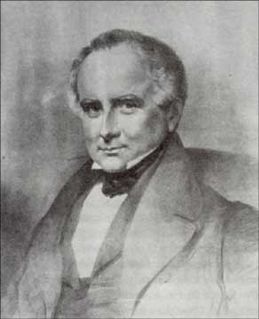A Quote by Wolfgang Pauli
I confess, that very different from you, I do find sometimes scientific inspiration in mysticism ... but this is counterbalanced by an immediate sense for mathematics.
Quote Topics
Related Quotes
A number of aspects of mathematics are not much talked about in contemporary histories of mathematics. We have in mind business and commerce, war, number mysticism, astrology, and religion. In some instances, writers, hoping to assert for mathematics a noble parentage and a pure scientific experience, have turned away their eyes. Histories have been eager to put the case for science, but the Handmaiden of the Sciences has lived a far more raffish and interesting life than her historians allow.
The broader the chess player you are, the easier it is to be competitive, and the same seems to be true of mathematics - if you can find links between different branches of mathematics, it can help you resolve problems. In both mathematics and chess, you study existing theory and use that to go forward.
Statistics is, or should be, about scientific investigation and how to do it better, but many statisticians believe it is a branch of mathematics. Now I agree that the physicist, the chemist, the engineer, and the statistician can never know too much mathematics, but their objectives should be better physics, better chemistry, better engineering, and in the case of statistics, better scientific investigation. Whether in any given study this implies more or less mathematics is incidental.
Mathematics is often erroneously referred to as the science of common sense. Actually, it may transcend common sense and go beyond either imagination or intuition. It has become a very strange and perhaps frightening subject from the ordinary point of view, but anyone who penetrates into it will find a veritable fairyland, a fairyland which is strange, but makes sense, if not common sense.
Of course, mysticism is very hard to isolate because, given the kind of consciousness that I was sort of instructed in as religious consciousness; that borders on mysticism so closely that it's hard to know whether you qualify or not, or whether mysticism is artificially isolated when it is treated as a separate thing from experience. Obviously, mysticism can be a form of madness, but then consciousness can be a form of madness.
I learned a lot of different things from different schools. MIT is a very good place…. It has developed for itself a spirit, so that every member of the whole place thinks that it’s the most wonderful place in the world—it’s the center, somehow, of scientific and technological development in the United States, if not the world … and while you don’t get a good sense of proportion there, you do get an excellent sense of being with it and in it, and having motivation and desire to keep on



































